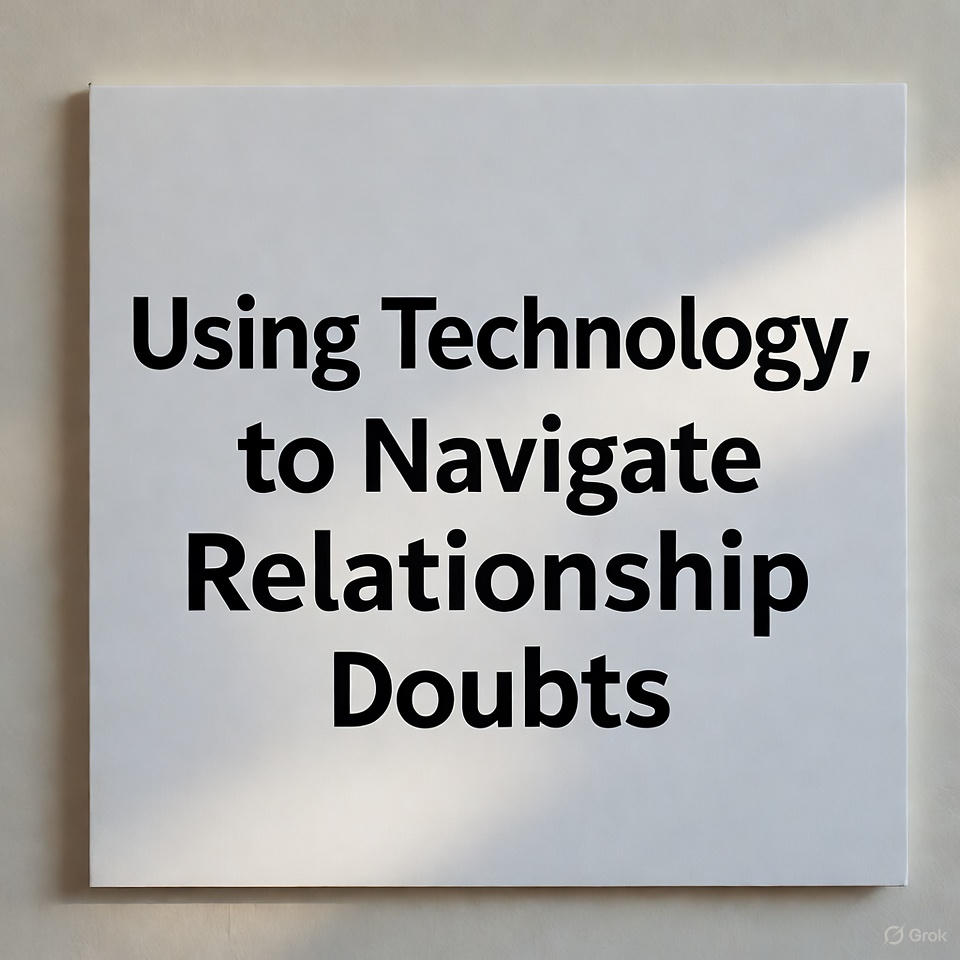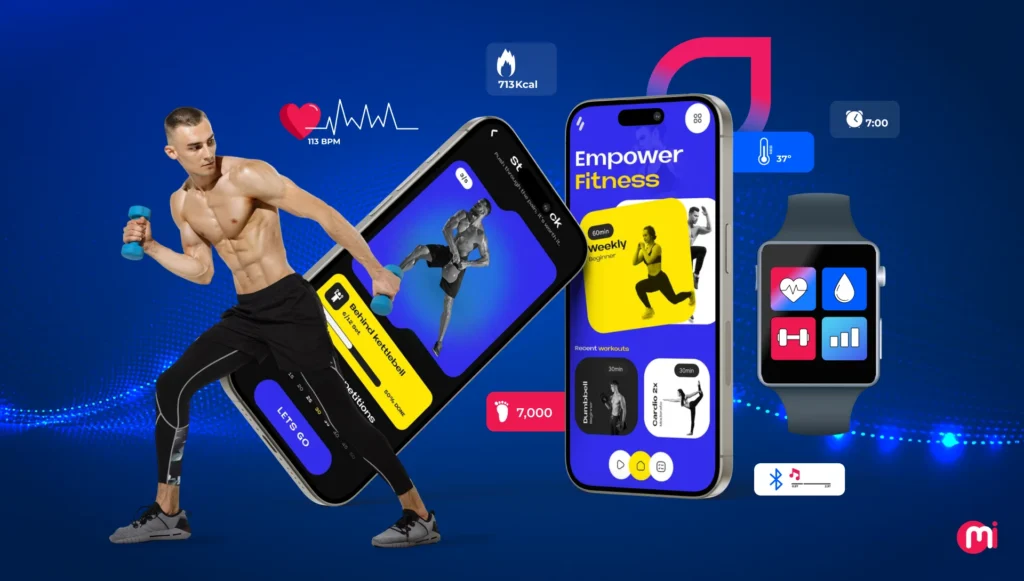Doubts about fidelity can be one of the heaviest burdens in a relationship. In the digital age, many people turn to technology for answers — and that’s where services known as a cheater scanner come into play. Platforms such as CheaterBuster (cheaterbuster.com) promise fast, discreet insight into whether someone is active on dating apps. But how do these tools work, what can you realistically expect from them, and what are the emotional and ethical considerations before you try one? This guide covers what to know before you decide to use a cheater scanner.
What is a cheater scanner, exactly?
A cheater scanner is an online tool that helps users search dating-app databases for profiles matching a person’s name, approximate age, gender and location. Instead of manually creating accounts and scrolling through endless profiles, you provide a few details and the service scans public data (or app-accessible data) to find potential matches. If there’s a hit, the report often includes profile photos, bios, last-active times, and other publicly visible metadata.
CheaterBuster is among the better-known examples. It markets itself as an AI-powered search engine for Tinder profiles and similar apps — designed for users who want rapid answers without drawing attention to their search.
How these tools work (and their limits)
Technically, cheater scanners combine automated searches, pattern matching, and — in some cases — image comparison algorithms. Their effectiveness depends on several factors:
• Accuracy of input: The more precise your search details (full first name, correct age or age range, city), the higher the chance of a valid match.
• App visibility: Many dating apps expose some profile data publicly or to logged-in users. If a profile is set to private, hidden, or uses anonymous info, a scanner may not find it.
• Shared names & false positives: People share names. A returned profile can be a different person who merely matches the search criteria.
• App coverage: Most cheater scanners focus on one or a few platforms (e.g., Tinder). If someone uses other apps, you could miss them.
• Data freshness: Profiles change — people delete or create accounts, update photos, or move locations. A negative result is not a permanent guarantee of fidelity.
Put plainly: a cheater scanner can speed up discovery, but it is not infallible. Treat findings as leads — not definitive proof.
Why people use a cheater scanner
Emotional pressure drives many searches. Unanswered messages, secretive phone behavior, or contradictory stories can trigger suspicion. A cheater scanner offers a way to move from anxiety to information. People commonly use these services for:
• Verification: Confirming whether suspicious online activity is real.
• Closure: Gaining clarity so they can decide whether to address the issue or move on.
• Practical evidence: For those who need conversation starters or proof before confronting a partner.
For some, the result brings relief; for others, it brings confirmation of betrayal. Either outcome often prompts an important conversation — or, sometimes, a decision to end the relationship.
Pros and cons — practical tradeoffs
Pros
- Speed: Most searches deliver results in minutes.
- Convenience: No manual searching or fake account creation needed.
- Affordability: Far cheaper than hiring a private investigator.
- Discretion: Searches are typically private; targets are not notified.
Cons
- False matches: Common names or incomplete data can lead to errors.
- Incomplete coverage: Tools don’t search every app or private profiles.
- Emotional risk: Discovering evidence of infidelity can be traumatic.
- Ethical concerns: Using such tools raises privacy and trust questions within a relationship.
Ethical and legal considerations
Before you use a cheater scanner, pause and reflect. There are ethical layers to consider:
- Consent & privacy: Is it your partner’s right to have private online activity? Would you want to be searched the same way?
- Intent: Are you searching to protect yourself or to punish? The motive matters for how you interpret and act on results.
- Local laws: Some jurisdictions have strict privacy or data-usage rules. Make sure the service operates legally where you live.
Tools like CheaterBuster generally use publicly available data and advertise discretion, but it’s wise to read the terms of service and privacy policy before you input any personal information.
Best practices if you decide to use a cheater scanner
If you choose to proceed, follow these safer and more productive steps:
- Clarify your goal. Know what you’ll do with the result (talk, seek counseling, end the relationship).
- Use accurate details. The better the input, the more useful the output.
- Don’t rely on a single search. Verify findings and consider a second check or cross-reference on another platform.
- Protect your data. Use reputable sites only and avoid sharing sensitive payment or identity info with untrusted vendors.
- Plan your response. If the result confirms your fears, prepare to seek support from friends, family, or a counselor before confronting your partner.
- Balance tech with conversation. Wherever possible, use evidence as a starting point for honest discussion — not immediate accusation.
When technology can’t replace conversation
It’s important to remember that tech tools don’t capture context. A profile might belong to an old account, a joke profile, or a private experiment. Similarly, discovering a new profile doesn’t explain intent, frequency, or emotional involvement. For durable relationship decisions, combine any cheater scanner results with calm, direct communication or professional counseling.
Alternatives to cheater scanners
If you’re uncomfortable using an external service, consider alternatives:
- Open conversation — direct, calm questions can be hard but often the most honest route.
- Relationship counseling — a therapist can help mediate conversations and guide next steps.
- Manual checks — while clumsy, careful personal review of social activity sometimes clarifies concerns.
Final thoughts
The availability of a cheater scanner reflects how modern relationships intersect with modern technology. These tools can offer clarity quickly, but they’re not a substitute for nuance, empathy, and direct communication. If you use a service such as CheaterBuster, approach the results as one piece of information — and take care to protect your emotional health and legal standing.
Above all, use technology to inform wiser choices, not to replace the hard but necessary human conversations that repair or end relationships with dignity.






